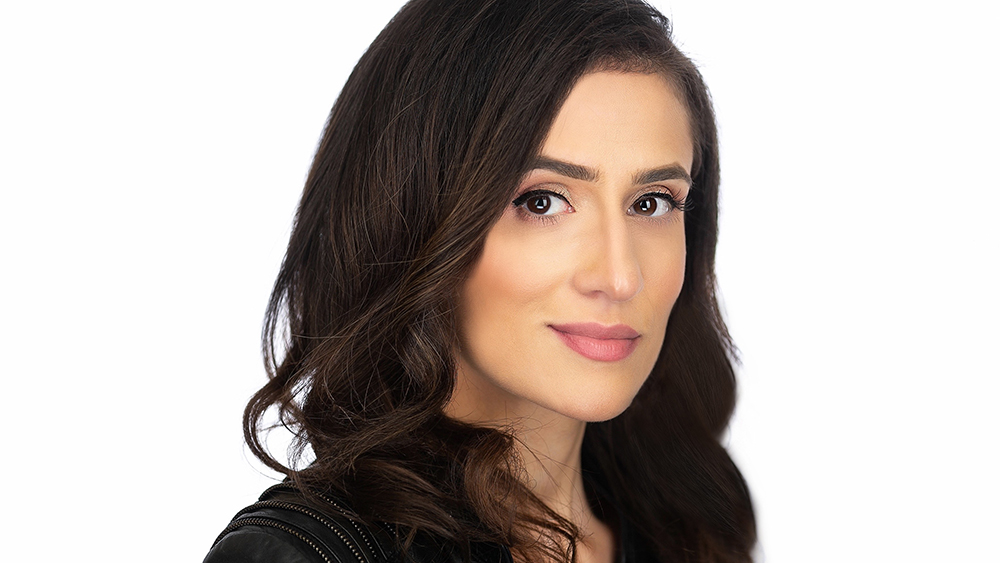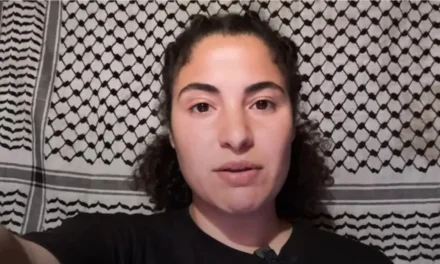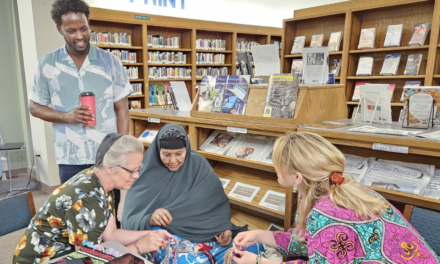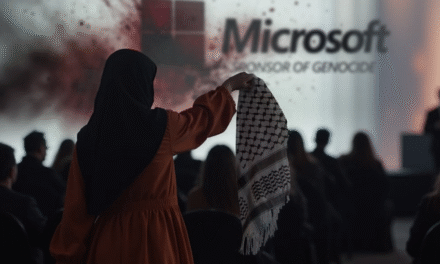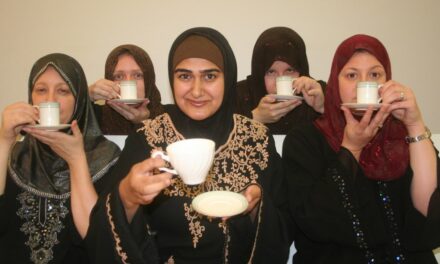While there are many Muslims active in Hollywood from Mahershala Ali to Riz Ahmed, who is drawing awards buzz for his role in “Sound of Metal,” Serena Rasoul thought they were among the few. Rasoul has launched Muslim American Casting and is building a database of Muslim and Southwest Asian/North African talent.
“We can make a bigger impact if we’re united,” Rasoul said. “I started this casting agency to go beyond advocacy and into action. Instead of being on the outside knocking, we can be on the inside talking. No more stories about us, without us.”
In addition to building a talent database, Rasoul has been casting for smaller projects such as a Facebook Live matchmaking project and an Iranian short film out of UCLA. She moderated a Clubhouse panel on the Middle East, North African, South Asian representation in film and TV, which included such talent as Ali Fazal (“Victoria and Abdul”) and Mohan Kapur (“Ms. Marvel”). Additionally, MAC recently participated in a Writers Guild of America Middle Eastern Writers Committee event.
Sue Obeidi, director of the Hollywood bureau of the Muslim Public Affairs Council, has been actively working to change the narrative of Muslims on TV and film for decades. She said Rasoul reached out to her early on to seek advice on how to best navigate this space.
“She understands that there is a lot of work ahead of us in the industry, but that the needle is moving in the right direction,” Obeidi said. “There is so much work to be done but hats off to those who rolled up their sleeves decades ago to do the heavy lifting. And now we have the Muslim American Casting agency to help get us further.”
Rasoul married her love of entertainment with getting Muslim talent representation. Growing up, she practiced voice impressions in front of the mirror after school. That was when she said her creative bug really took hold. She studied drama at the University of Virginia, and after graduating, began working as an actor. In addition to her uncredited roles in “House of Cards” and “Veep,” Rasoul can be found in many documentary series such as “America’s Hidden Stories” and “Southern Fried Homicide.” She said she began to notice how some production crews were not experienced in working with South Asian/North African talent.
“We need to humanize underrepresented communities,” Rasoul said. “Not just to paint positive stories about them, but actually paint them as complex characters going through the same trials and tribulations as everyone else.”
Despite Hollywood’s interest in working with Muslim talent, Rasoul said there is still an extensive lack of understanding. MAC consults industry professionals on how to best include Muslim talent in the creative process.
“It is so much better for productions to hire Muslim or Middle Eastern or any underrepresented community into their productions,” Rasoul said. “That runs from the writers all the way up to the director and executive decision makers.”
MAC’s website provides resources and toolkits for production teams wanting to learn more about working with Muslim talent. Rasoul is actively collaborating with other entertainment consultancies such as Women of Color Unite and Strong Asian Lead, which are focused on bolstering their communities’ presence in the entertainment industry.
Rasoul believes that consumers can help support this effort by going outside their comfort zones and watching content created by members of underrepresented communities.
“You vote with your remote,” Rasoul said. “Hollywood needs to know that there is an audience for these productions. When that audience shows up, it provides valuable data to justify making more productions from these communities.”
